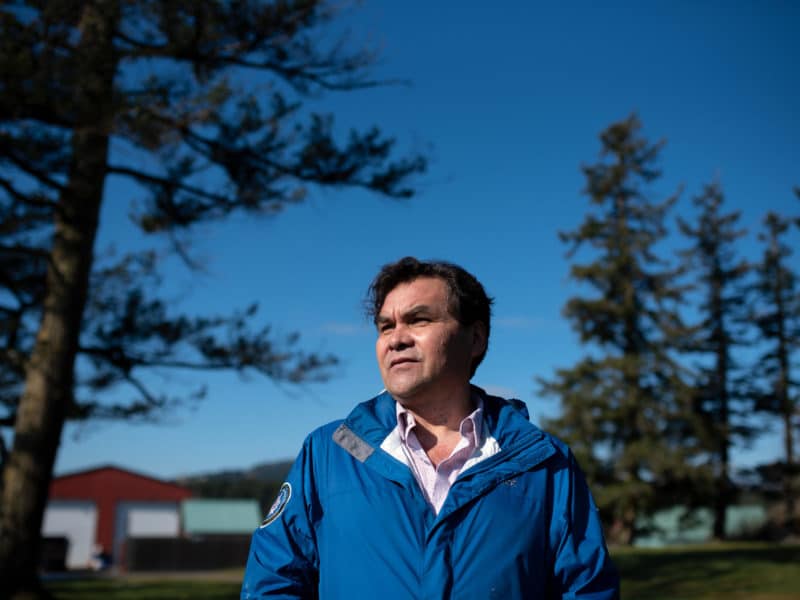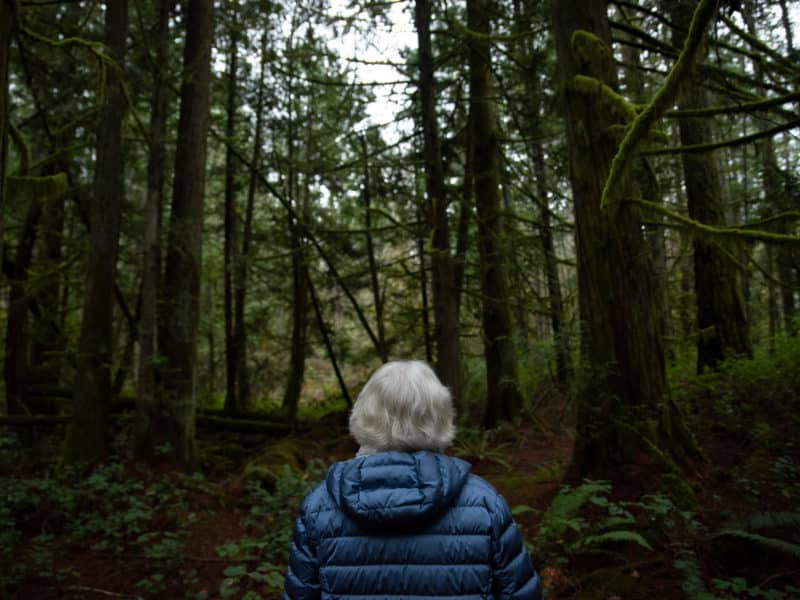
“What will you do to address homelessness, poverty and drug addiction?” That’s a question we at The Discourse heard from you after we launched a poll asking what you think should top the B.C. election agenda. Our goal is to put you in the driver’s seat of the election conversation because we believe you should guide it, not the candidates or the parties.
Leading up to the election, we’re publishing answers to questions you sent. Today, the question is: What will you do to reduce homelessness, poverty and drug addiction while reducing harm to, and enhancing urban areas?
As of Oct. 20, The Discourse received answers from all four candidates for this question via email. I’ll be rotating the candidates’ order of responses with each story we publish. Here are their responses. I’ve copied them directly from the emails they sent.
Kelly Darwin, BC Liberal Party
Most people in BC who live in a population centre have noticed homelessness worsen over the last few years. We have a responsibility as a society to look after our most vulnerable and yet the government has not been providing people struggling with mental health and addictions the supports they need to get well. In order to address homelessness and addictions we need to address the root of the problem and that means treating mental illness and a focus on prevention and recovery.
John Horgan, BC New Democratic Party
Before the pandemic, our efforts to tackle the opioid crisis and the housing crisis were making a difference. We were moving thousands of people into new homes with supports and we saw the first drop in the rate of overdose deaths since 2012. We had a lot more to do, but things were heading in the right direction.
When COVID-19 hit and these crises escalated, we responded quickly. For the opioid crisis, our response covered the full continuum of care – opening new treatment facilities and doubling youth treatment beds, increasing overdose prevention services, providing more outreach teams, and giving people greater access to prescription medication alternatives. When it came to vulnerable populations, we acted quickly to reduce shelter capacities to allow physical distancing and keep residents safe, and then in partnership with local governments across the province we found thousands of safe spaces in hotels and emergency response centres to provide a place for people to go. Despite this work, we know the need is particularly acute in some communities. To help these communities, we are currently implementing 6 new assertive community treatment teams to provide care for people with severe mental health challenges, and help reduce interactions with police.
There is more to do. A re-elected BC NDP government will move quickly to accelerate B.C.’s response to these dual crises through both housing and treatment, including:
- Building new treatment, recovery, detox and after-care facilities across the province:
- 800 new treatment beds, for a 30 per cent increase in beds when combined with our existing investments to double youth beds
- Expanding the range of supportive housing for people who need it by:
- Continuing to build on the success of the 2,800 supportive homes built so far, in communities across the province, to deliver a total of 5,000 homes with supports in communities
- Developing new Complex Care housing facilities to provide an increased level of support – including more access to nurses and psychiatrists – for B.C.’s most vulnerable who need even more intensive care than supportive housing provides
- Funding new rental supplements to help those who have stabilized in supportive housing and are ready to move into the private rental market, creating space in existing supportive housing to help more people experiencing homelessness who need the on-site supports.
- Investing in the supports needed to address the impacts of this crisis in our communities:
- New funding for more mental health and community social service workers to ensure there are more frontline workers to respond to needs in communities, and take pressure off police so they can focus on serious crime;
- Providing $100M in grants for local governments which will help support them in responding to community concerns around street disorder and community safety
- Continuing our work to help prescribers separate more people from the toxic drug supply through safe prescription alternatives.
There is more work to do to tackle these challenges and get more people the support they need. The BC NDP is committed to continuing that work in partnership with communities.
Gord Baird, BC Green Party
I fully support leaders in our community such as Dr. Bonnie Henry, Green MLA Adam Olsen and Green Leader and MLA Sonia Furstenau. Every plank in Sonia and the BC Greens’ platform is a part of the solution, but we need to recognize we are in for repeated shocks.
Tyson Riel Strandlund, Communist Party of BC
I am a strong believer that housing is a human right. I would push for the construction of 100,000 units of new and renovated social and low income housing, halt “renovictions” and “demovictions”, ban all evictions during the pandemic, and legislate strict rent controls. I would prioritize an urgent end to the opioid crisis with the establishment of a permanent, safe, legal and regulated supply of drugs, in addition to expanding mental health services and long term recovery support programs. These programs would save lives and reduce the social and health costs of street homelessness.
Further reading:
- The BC Liberal Party platform pledges to invest in getting people who are unhoused a home and connecting them with health and social supports they need. It also mentions improved support for mental health and addictions, ensuring strong supports for all citizens, strengthening public safety, increasing addiction treatment and recovery programs, introducing a Safe Care Act to help young people with addictions into treatment and more. Find the full platform online.
- The BC NDP platform commits to scaling up the province’s response to the opioid crisis, moving towards decriminalization, tackling the toxic drug supply, expanding treatment bed availability, focusing on new mental health initiatives for youth and young adults, developing complex care housing and expanding access to counselling. Read the full platform and the party’s commitments online.
- Comprehensive health care is part of the BC Green Party platform which pledges to tackle mental health care by rolling it into the Medical Services Plan. It also pledges to invest in facilities to provide mental health care services and community-based centres for mental health and rehabilitation. Scaling up safe supply to tackle the opioid crisis as well as enhancing funding for harm reduction services and decriminalizing possession of drugs are also part of the platform.
- The Communist Party of BC platform pledges to establish a safe supply of drugs, expand mental health services and long-term recovery support programs and build housing for all. [end]



